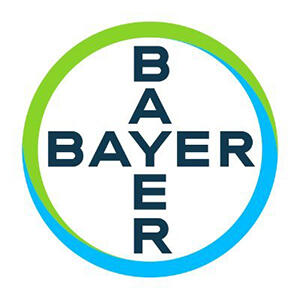
The second field trip for the semester was to visit Bayer in St. Louis on October 25th. Bayer acquired Monsanto Company in 2018. Bayer is a life science company with a more than 150-year history and core competencies in the areas of health care and agriculture.
Our visit started with a tour of the facilities. The tour guides had extensive scientific knowledge and were excellent resources throughout. Some of the facilities included greenhouses used to grow both crops and plants considered weeds in agriculture (for study) and smaller grow rooms. The grow rooms have more tightly controlled seals on the doors and more adverse conditions can be added to test the performance of various seeds.
The guides spoke of the roughly two to three-week process of genetic testing performed on seeds that can be performed by a machine that takes a small chip out of the seed. This does not harm the embryotic material in the seed and allows it to be used if the results of the test are satisfactory. This replaces researchers doing this by hand and some of the field testing of plants. As such, it saves a great deal of resources in terms of land and water usage.
We were also shown a glass case with soybean plants, one of which had DNA introduced using bacteria that is harmful to insects that eat it, as well as another plant without this modification. In locations with a high level of insects, these types of plants can greatly reduce the amount of insecticide that farmers end up spraying in a season.
Data provided by farmers/customers who use an app and an optional subscription service was shown. Soil analysis, data from the harvester’s computer, seed types planted, weather information, etc. is combined to provide farmers with tools to improve their crop yields.